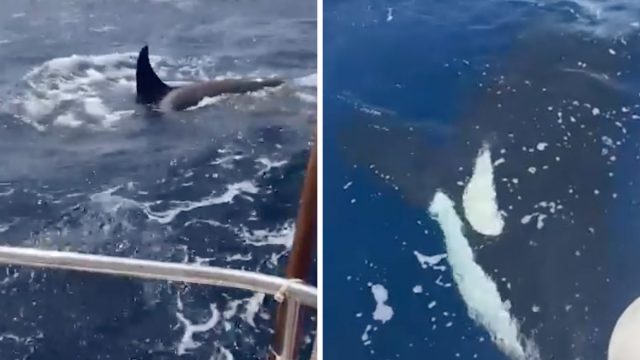Killer Whales "Learn" to Ram Boats, Scientists Warn
The baby whales are copying the playful behavior from their elders.
This summer, there have been multiple reports of killer whales ramming boats across Europe. Scientists have been trying to understand what exactly has provoked their behavior and why, all of a sudden, it seems to be happening more regularly. This week, scientists have come up with a possible reason: They believe that the younger whales are trying to copy the behavior of their elders.
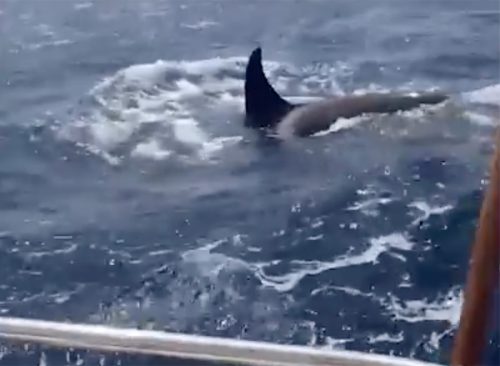
According to the scientists, what started with two orcas interacting with small sailboats in 2020, has led to at least 20 Iberian orcas ramming into ships and damaging them off the coast of Spain.
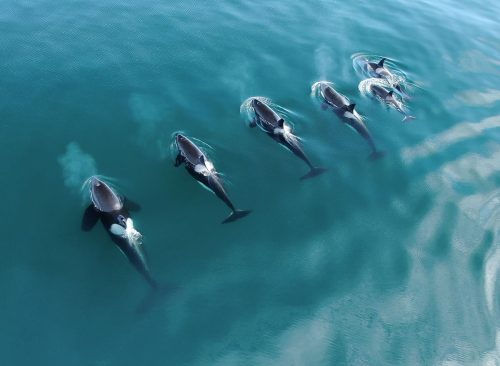
The researchers told the BBC that the whales aren't trying to hurt anyone but are "playing" with the boats. "It's only a game. It isn't revenge [against boats], it isn't climate change, it's just a game, and that's it," said Dr. Renaud de Stephanis, a scientist based on the south coast of Spain.

De Stephanis says the "game" focuses on the boats' rudders – part of the moveable steering apparatus in the water.
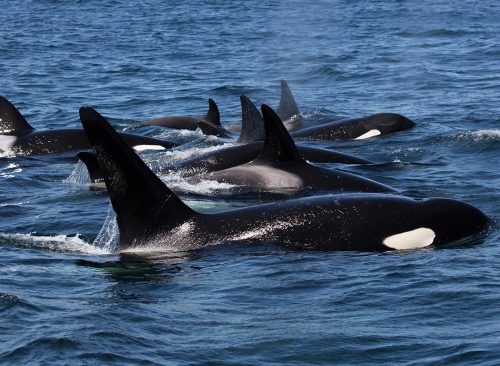
French sailor Lou Lombardi described his own encounter with the orcas near Gibraltar in July, which goes along with what the scientists believe. "There's foam inside the rudder that went into the water, he explained, "and the orcas were pushing it around with it on their noses – like a toy," he said.
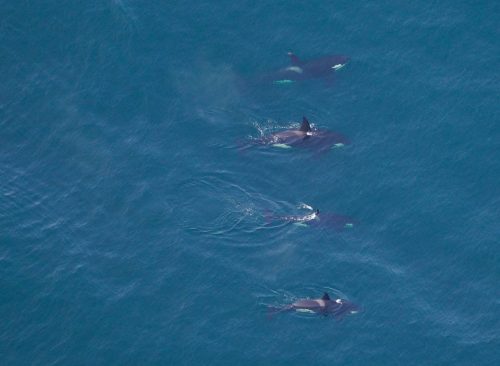
"I had the feeling they were training each other," he told us. "There were two calves, and the adult would do it, then watch while the calf did it – like they were transmitting something."
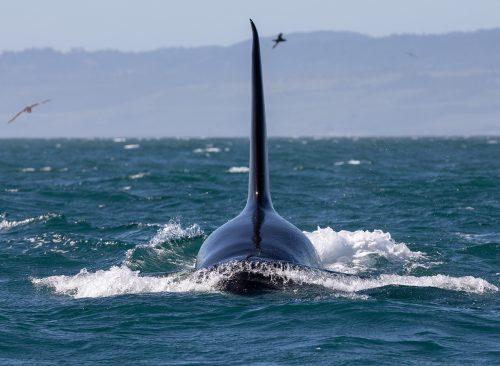
"The adults are very targeted – they're focused on the rudder – just the rudder," Monica Gonzalez, a marine biologist with the organization Orca Iberica, added. "But the juveniles seem to approach, move away, explore the whole boat – it's a very different kind of behavior."
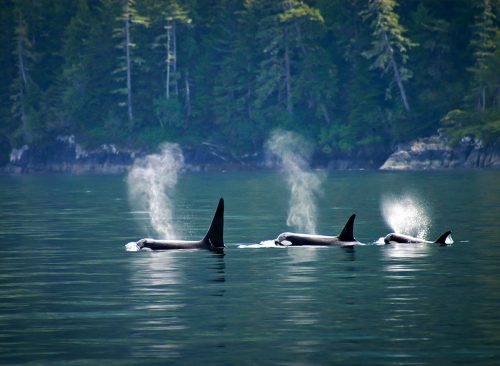
Dr. de Stephanis hopes his tagging and tracking work with help show sailors "killer whale hotspots" to avoid. "They tend to stay in the same place for 2-3 hours because they're looking for tuna," he explained. "So the official advice from the Spanish government is not to stop if you see orcas – move away from the area as quickly as possible."
